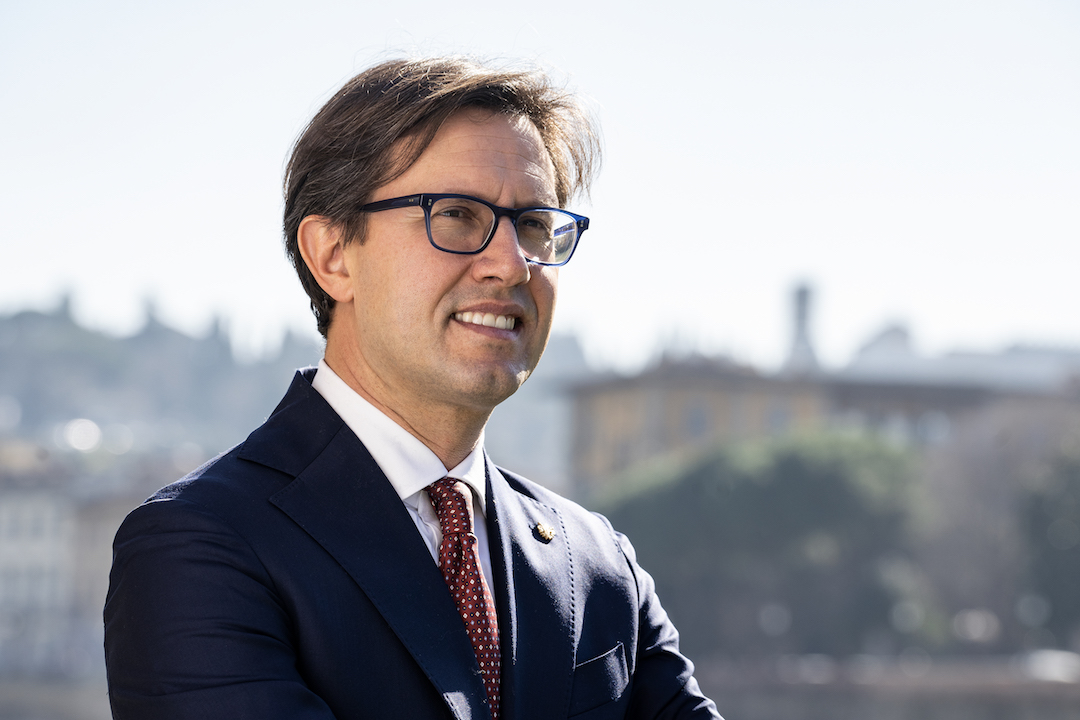
Introduce EUROCITIES: members, areas of expertise?
Eurocities wants to make cities places where everyone can enjoy a good quality of life, is able to move around safely, access quality and inclusive public services and benefit from a healthy environment. We do this by networking almost 200 larger European cities, which together represent some 130 million people across 39 countries, and by gathering evidence of how policy making impacts on people to inspire other cities and EU decision makers.
What are your ambitions for emission reduction by 2030?
This week can be a historical week for climate. The European Council coincides with the fifth anniversary of the Paris agreement: EU Member States have a chance to commemorate this by agreeing a strong revision of the EU 2030 climate objectives. This will set us on a climate neutral trajectory for 2050.
If a higher level of ambition can be agreed, it will come just on time for the National Determined Contributions, which must be submitted by the end of this year. At Eurocities, we believe that Europe should maintain its global leadership in leading the way to ambitious greenhouse gas emissions reduction of at least 60% for 2030 at EU level. We believe that this new ambition is both vital for the planet and pivotal for a sustainable and green recovery in the aftermath of COVID19.
What roles must Eurocities and the Commission play in order to achieve this objective?
Achieving the goals of greenhouse gas emission reduction by 2030 and climate neutrality by 2050 will be challenging for all. But in this fight to mitigate global warming and adapt to climate change, many European cities are showing the way: 64% of Eurocities members have already committed to becoming climate neutral by 2050. Among them, thirteen have even committed to become climate-neutral by 2040.
Cities are an integral part of the solution: the main challenges are in cities, but it is also where there is a wealth of expertise and experiences that are hugely beneficial to developing plans and strategies, policies and regulations. Cities can do a lot, but they cannot do everything by themselves.
To achieve the climate objectives, we foresee three roles for the European Commission.
Firstly, the Commission should intensify collaboration with, and support for, cities undertaking major efforts to reach an even higher reduction target for 2030.
Secondly, the Commission should set up the right legislative framework to enable cities to deploy their full capacity of decarbonisation.
Thirdly, the Commission should capitalise on local insights by working with European network organisations of cities as well as with city authorities directly. Finally, it is impossible to talk about the EU climate objectives without mentioning how to fund and finance it: this is where the Multiannual Financial Framework and the Recovery and Resilience Facility enter the picture.
What guidelines should the multiannual financial framework take?
EU funding and financing must be channelled to where it is most needed – cities. Although cities are the hardest hit by the pandemic and the subsequent crisis, the bulk of the measures foreseen in the Recovery and Resilience Facility are directed to member states and this ‘gap’ should be filled in by a multilevel governance decision making. Direct access for cities to the funds during at least the recovery period is necessary for both quicker deployment and greater impact of the funding at local level.
From a city perspective, this recovery money should provide important opportunities and investments to transform our cities. With 37% allocations reserved for green actions and keeping in mind that cities are responsible for most of the emissions in Europe, for us it is a no brainer that the green recovery should start from cities.
To give you an example. In Italy, the national government seems to understand this and is working with its metropolitan areas and cities to build a recovery plan which considers the important role of cities for a real sustainable recovery. This means investments into mobility, social infrastructure, housing, local entrepreneurship, etc, as key pillars.
What are the impacts of COVID-19 on society and on green deal development?
The COVID19 pandemic has drastically affected cities all around the world and brought new health, economic and social challenges. Cities are also being confronted with the financial costs of the crisis.
In Florence, the lockdown and the lack of tourism and the associated revenues from visitors created a gap of €200 million in springtime, while the expenses for care for the most vulnerable groups in the city have rapidly increased. Cities need additional funding to avoid having to take uneasy decisions on where to cut in the municipal budget in 2021.
The agreement on the future Multi Annual Financial Framework and the Recovery and Resilience Facility fund has never been so crucial: the 27 heads of states and governments must find an agreement during the European Council of 10-11 December. We cannot delay any further this decision without having a disproportionate negative impact on our societies. It is also essential that all the national recovery plans focus on ‘building back better’ in line with the long-term goal of the Paris Agreement. We cannot afford the luxury to invest any euro in a recovery that would not comply with our environmental and climate objectives. We need to make sure that all the money invested in the recovery will not harm our planet, and will support, consolidate, and accelerate the green and digital transformation of our cities.


















